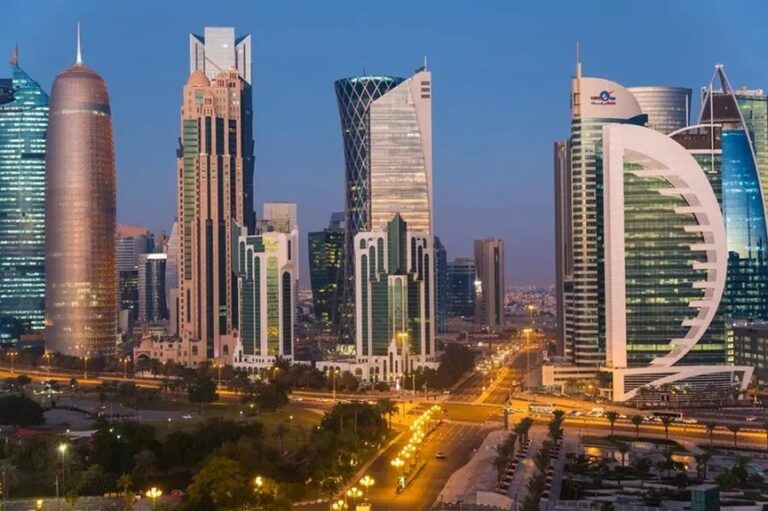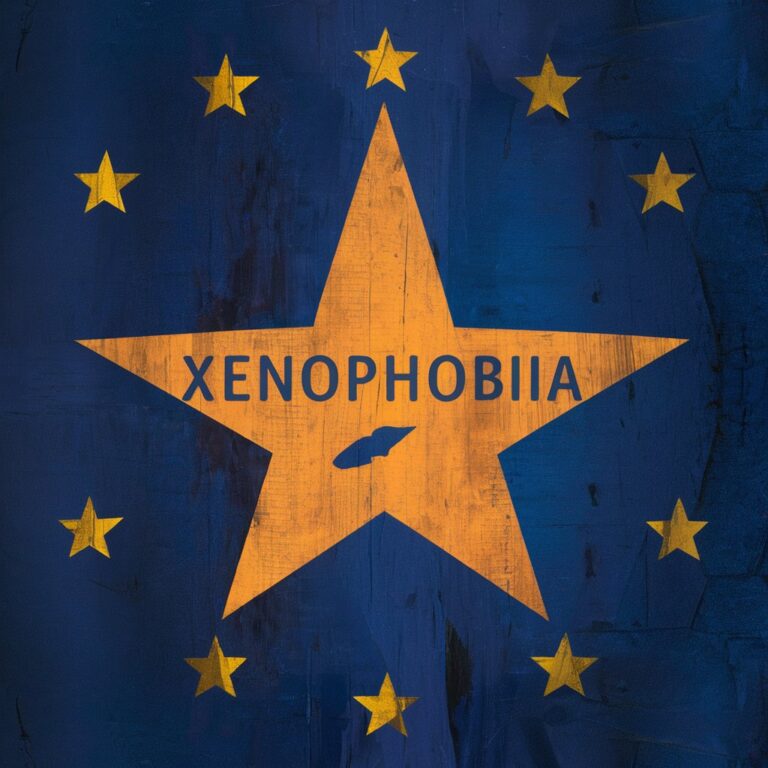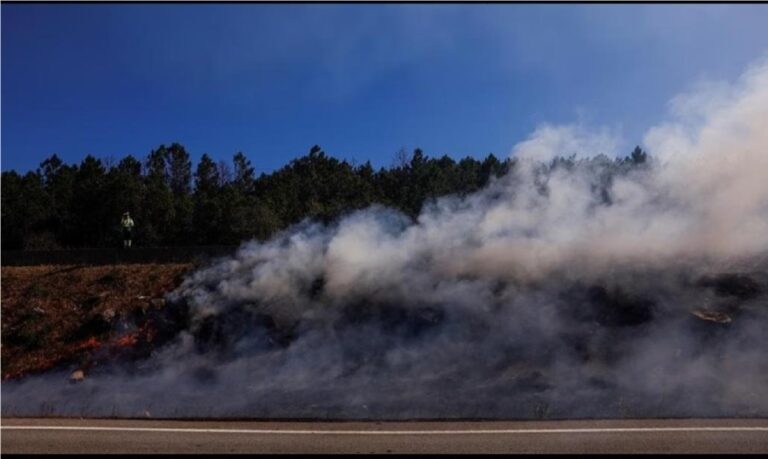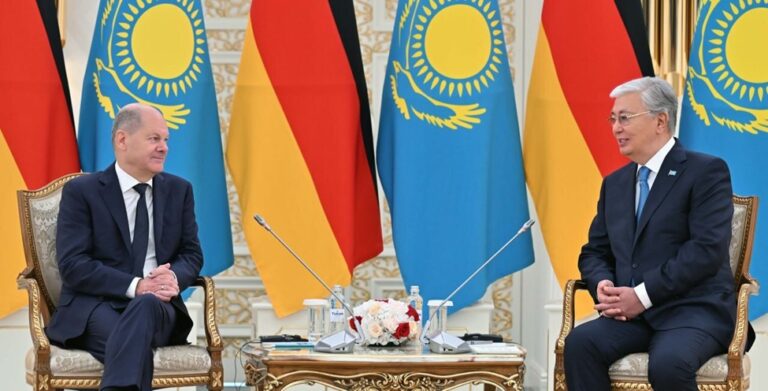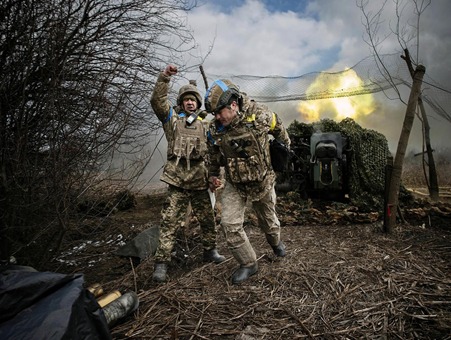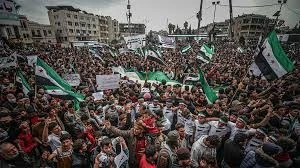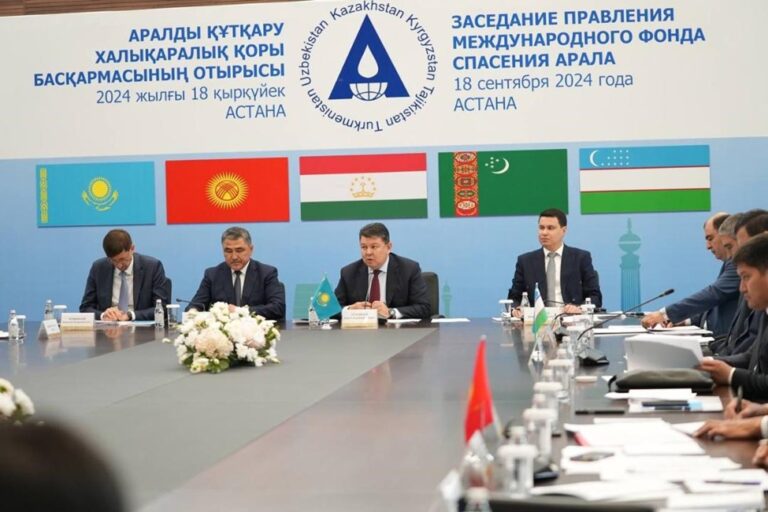The political flimsiness stays a problem that guarantees human weakness inside the political system, particularly concerning the financial difficulties of any locale. In this regard, the contention happening in Syria gives a reasonable contextual investigation on the snappish blows of political shakiness to human security. Beginning around 2011, the hour of the Middle Easterner Spring, Syria has been going through fierce confusion cum developing into a mind boggling disaster area with serious human security outcomes. In this paper, a study follows on the different impacts of political unsteadiness on human security, with Syria as a perspective to place into point of view the bigger ramifications in the cutting edge world.
Grasping Human Security
Human security contrasts from public safety in that it takes a viewpoint not in light of the state as a unit, but rather calls for center around the security of people. It tends to be ordered into monetary, food, wellbeing, ecological, individual, local area, and political security. The political shakiness of a nation undermines that multitude of human protections, respects sufferings of a high greatness, and uproots individuals. This paper endeavors to take a gander at the beginning of precariousness in Syria, whose results are being seen in the entire world.
The disturbance in Syria was set off not long after the Bedouin Spring, a rush of hostile to government fights that cleared the Center East in 2011. Serene fights broke out the nation over, requesting vote based changes and further opportunities. Nonetheless, the absolutely heartless move made by the public authority to smother each indication of dispute upped the ante and in the long run drove the country into full-scale nationwide conflict. Then government powers, numerous resistance gatherings, and even others like ISIS radicals began to battle for their portion and transformed the country into a war zone.
Influence on Human Security
1.Economic Security
The impact of political shakiness on Syria’s economy has been exceptionally negative. Before the contention, the Syrian economy was moderately steady and banked principally on farming, industry, and the travel industry. Nonetheless, the continuous battling has brought about the obliteration of foundation, organizations, and markets. The Syrian pound has devalued gigantically, and costs have expanded. The joblessness rate has expanded hugely. On the opposite side, the Unified Countries Financial and Social Commission for Western Asia has assessed that now, north of 80% of the Syrian populace lives underneath the neediness line. This monetary breakdown stripped huge number of individuals of essential financial security.
- Food Security
The conflict has terribly upset farming creation and food supply chains, prompting food uncertainty. Individuals escaped the viciousness, leaving ranchers working in the fields unharvested, and the annihilation of foundation additionally hampered food dispersion. As indicated by the WFP, roughly 12.4 million Syrians are presently food shaky, and a large number of Syrians are currently at outrageous gamble of craving and unhealthiness. The scant food and powerlessness to convey compassionate help associations in areas of contention raise the chance of a philanthropic fiasco.
- Health Security
Wellbeing framework has been pulverized in Syria because of the contention, with clinics and clinical offices explicitly becoming focuses of the savagery. As per the World Wellbeing Association, the greater part of Syria’s medical clinics have been harmed or obliterated. Additionally, the infections that have been dispensed with, like polio and measles, have returned due to non-accessibility to clinical consideration, clean water, and sterilization. Besides, the development of Coronavirus has made more strain on these scant wellbeing assets and has corrupted the wellbeing emergency circumstance in the country.
4.Personal Security
The continuous clash represents a steady danger to individual security. This implies that Syrian regular people are barraged, took shots at, abducted, and experience different types of viciousness consistently. The Syrian Observatory for Common freedoms assessed that in excess of 500,000 individuals had been killed since the ascent of contention, while numerous others were injured. A persistent condition of uncertainty has engraved injury and a few mental impacts on the greater part, particularly kids, who have spent quite a bit of their lives in the dread of war.
- Local area and Political Security
Assuming the conflict has done anything, it is to terribly enrapture the Syrian culture on partisan, ethnic, political, and different grounds. The commitment of various unfamiliar powers and non-state entertainers made the circumstance very difficult to escape the mess in which different gatherings fight over power. This condition of discontinuity brought down local area trust and social fortitude among the individuals, bringing about patterns of viciousness and vengeance. It is evident that there is an absence of political security confirmed by the way that the focal government has a smidgen in its grasp, with harmony talks having happened a few times, just to end war .
6. Environmental Security
The idea of the contention has not left the climate of Syria unaffected. Infrastructural annihilation prompted water asset contamination and tainting. In addition, the touchy weapons broadly caused land debasement which further convoluted reconstructing of livelihoods for some networks. The ecological harm from the contention presents long haul ramifications for Syria’s recuperation and manageability.
More extensive Ramifications for the Contemporary World
The instance of Syria highlights the general results of political precariousness on human security in the contemporary world. Most frequently, political unsteadiness plunges into clash, which sires compassionate emergencies that spill across borders. Moreover, the emergency in Syria has led to one of the biggest evacuee issues of ongoing times, with numerous large number of outcasts disappearing to adjoining or further nations. This tremendous uprooting has placed significant strain on facilitating nations, bringing about monetary, social, and political tensions.
In addition, the enormous number of worldwide entertainers engaged with the Syrian clash underlines how provincial unsteadiness has results that can be worldwide and influence international elements, taking care of new struggles.
Conclusion
The instance of Syria shows how political insecurity can turn into a serious danger to human security, creating horrendous effects on people and networks. The creating, extended war has pounded large number of Syrians’ monetary, food, wellbeing, individual, local area, and ecological security. Beating such difficulties requests that compromise and helpful guide redressal by the global local area remain inseparable with the quest for economical improvement in the midst of blended districts. The emergency in Syria makes it the most pessimistic scenario in point for why a comprehensive perspective on security should be affected, by which human prosperity is brought to the closer view of worldwide endeavors to fabricate an additional steady and secure world.
